WASHINGTON (Army News Service, Feb. 11, 2009) - Senior noncommissioned officers are now eligible to join officers and Army civilians on Capitol Hill in the Army Congressional Fellowship Program and the Army Congressional Orientation Program, the Army's chief of Legislative Liaison said in an interview last week.
Maj. Gen. Bernie Champoux announced that in honor of the Year of the NCO, two senior NCOs have been selected to take part in the year-long fellows program and work in Congressional and Senate offices as part of their staffs.
"The intent of the program is to expose members of the uniformed services in active, Guard and Reserve (positions), and certain civilians, to allow them to have an opportunity to understand how Congress works and bring that appreciation and understanding back to the Army," said Champoux.
"It's not just in recognition of the Year of the Noncommissioned Officer, because this program will extend beyond the year ... But in conjunction with that, part of what we do is that we're the face of America's Army in Congress. We can't think of a better opportunity than to have those noncommissioned officers (help Congress) understand Soldiers, Soldier-family issues," he continued.
The year-long program involves a competitive selection and board process and rates a permanent change of station to Washington. Soldiers incur a service obligation and a two-year utilization assignment. Officials at the Office of the Chief of Legislative Liaison are still trying to determine the best follow-on assignments for NCOs, but say they are also adding senior NCO positions to their House and Senate Liaison Divisions, which would be good options.
In contrast, ACOP lasts only for 89 days and is primarily to familiarize Soldiers and civilians on the Army staff in the National Capital Region with how Congress works. Soldiers don't incur additional requirements, and return to their regular duties at the end of the three months. Two senior NCOs can participate in this program each quarter.
In both cases, Soldiers must participate in an orientation -- months for the fellows program; just a week for ACOP. They must prepare civilian resumes and actually interview with congressmen and senators before joining a member's staff.
From that point until the end of the fellowship, Soldiers work for those members. They wear civilian clothes and may do anything from writing legislation to attending hearings to responding to constituents' concerns. They may even act as a military expert for the member.
"Members of Congress and staff overwhelmingly interact with senior officers, primarily general officers," said Champoux. "Officers and NCOs have different roles and responsibilities and it's critically important that they have an appreciation for what a noncommissioned officer is as the backbone of the Army -- the kind of character and capability and leadership skills that they possess and why those are so important in running the Army. Everyone will tell you that the difference between our Army, which is the best Army in the world, and other armies, is the strength of our noncommissioned officer corps."
According to Debra A. R. Billington, chief of the Support Operations Division at OCLL, the program carefully manages which members can have Army fellows. She said it's important to maintain a balance between Democrats and Republicans and the House and Senate. Members also must be on a Defense-oversight committee, an intelligence committee, or the Committee on Foreign Affairs, the Committee on Homeland Security, the Committee on Foreign Affairs or the Committee on Oversight and Government Reform.
One of the NCO fellows, Sgt. Maj. Scott Martin, has already started orientation and will soon take his place on the Hill. He said he wants to show lawmakers what day-to-day life is like for Soldiers and convey what Soldiers and their families need.
"I would like for them to understand how important it is to take care of Soldiers because the Army is one of the largest employers in the country," said Martin, who is leaving a position as a writer of promotion regulations in the Army's G-1 (Personnel) office.
"So as an employer, I would like to make sure my Soldiers are taken care of, whether it's the welfare of their family, education benefits or medical benefits. Those types of things are very important to me. It's more about giving back to the Soldiers than ... writing promotion policy, because as a senior noncommissioned officer, that's what's most important to me: my Soldiers and my families."
"It's going to allow them to better support the military, not just the Army, but the military," explained Champoux. "I've seen it at hearings in the past: when a noncommissioned officer speaks, they just kind of lean into it a little bit because you're getting a Soldier's perspective. I think it's going to be pretty powerful, pretty successful."
Senior NCOs who are interested in the fellows program should contact their assignments noncommissioned officer at Human Resources Command. According to Col. John Leggieri, the program's manager, HRC will send out a message announcing the fiscal year 2011 program in March. Interested Soldiers can forward their packets and a board will meet in October to make selections. Right now, there are two NCO slots out of 25 positions, but Champoux said he hopes to expand this number.
Suzanne McCollum, manager of the ACOP program, said she sends announcements to the Army staff about every three months requesting nominations for that program, so NCOs in the Washington, D.C., area should let their supervisors know if they're interested. Candidates must interview for the program, and she said she takes into account how many participants a particular division may have had in the past.
"They're so critically important, noncommissioned officers, and as conflict persists, their impact on the force is immeasurable," said Champoux. "Part of what I hope members of Congress really appreciate is that they're in good hands. These noncommissioned officers are dedicated, are committed, are professional. They're bright, they're articulate, they're all the things you want as leaders of America's sons and daughters."
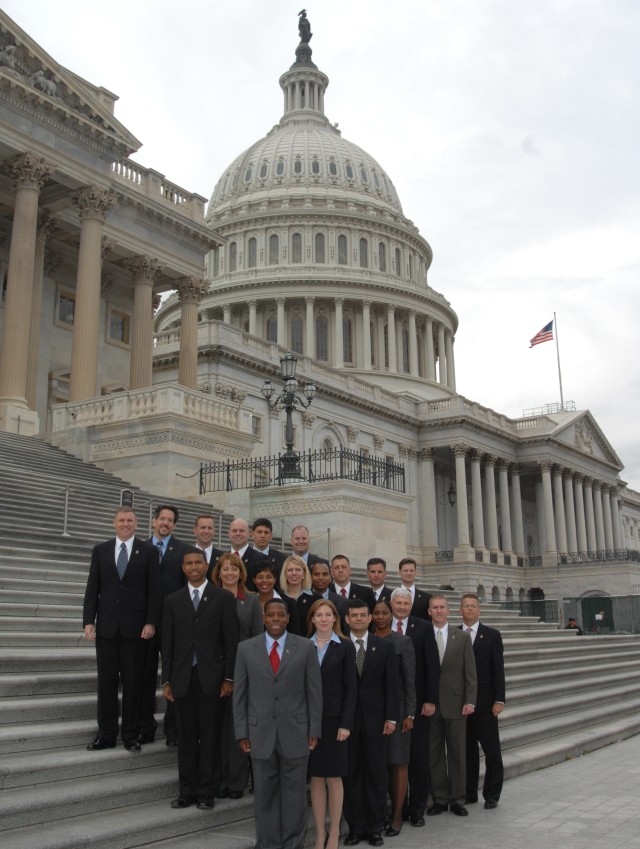
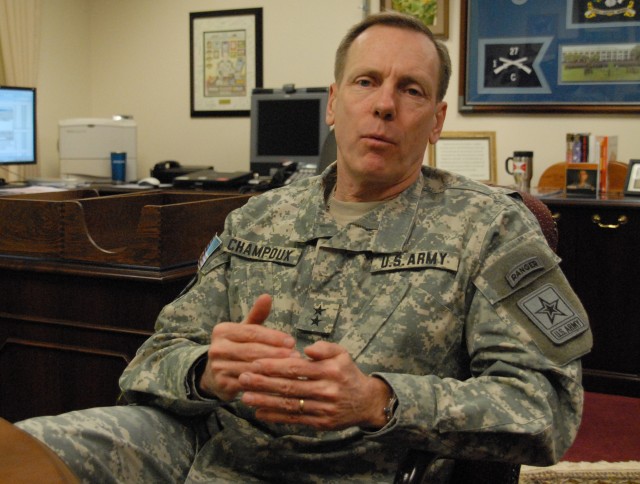
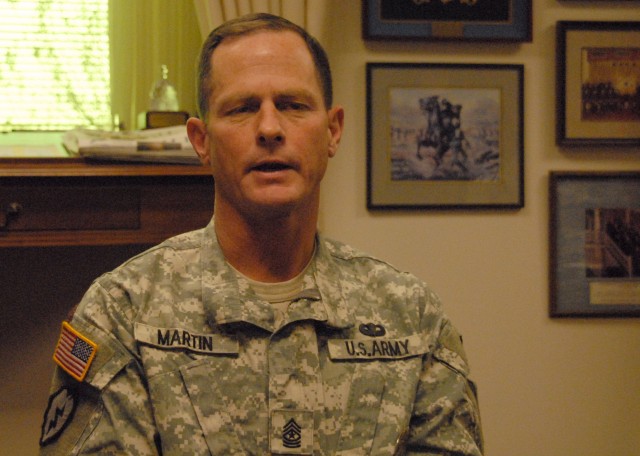
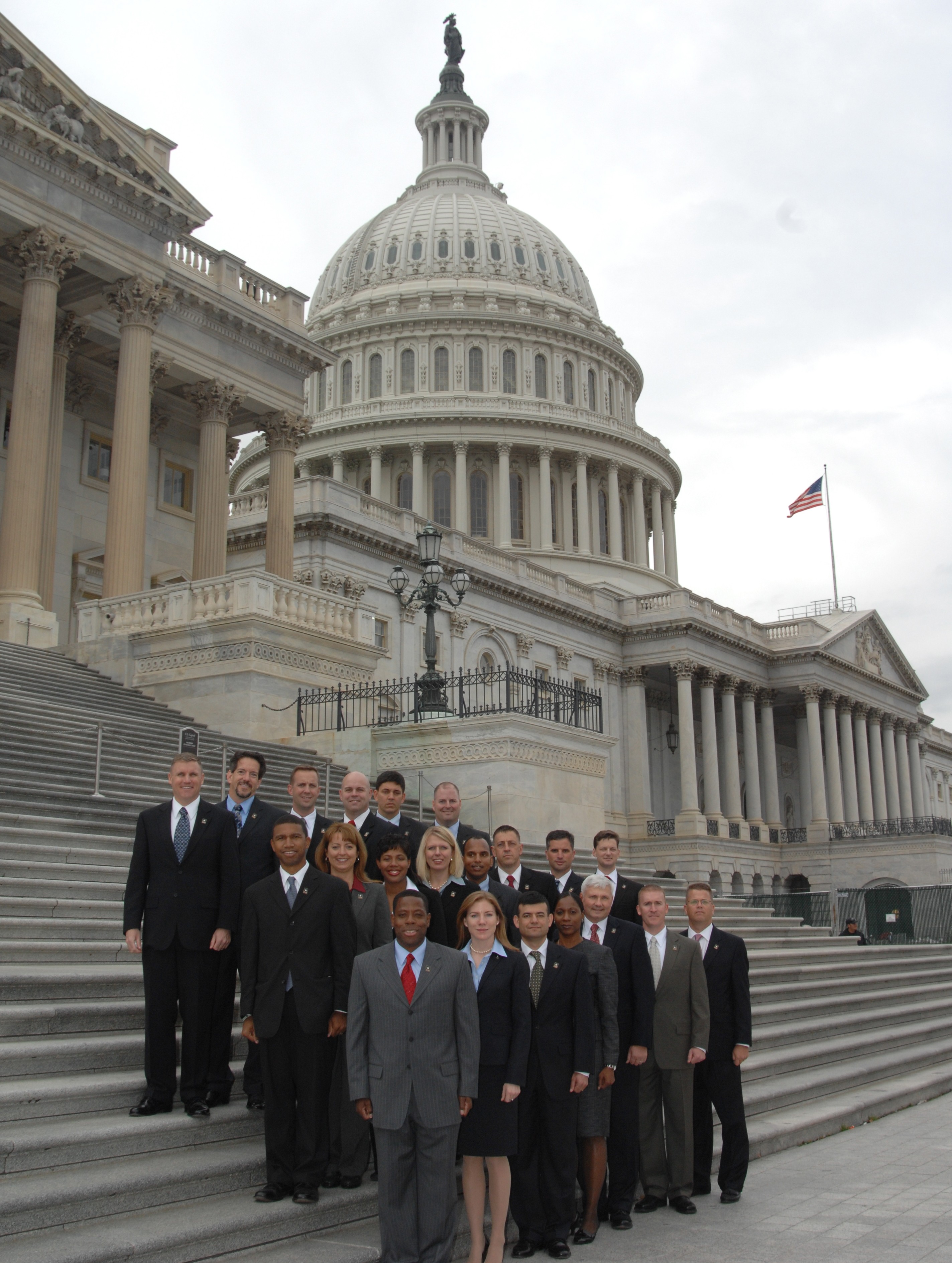
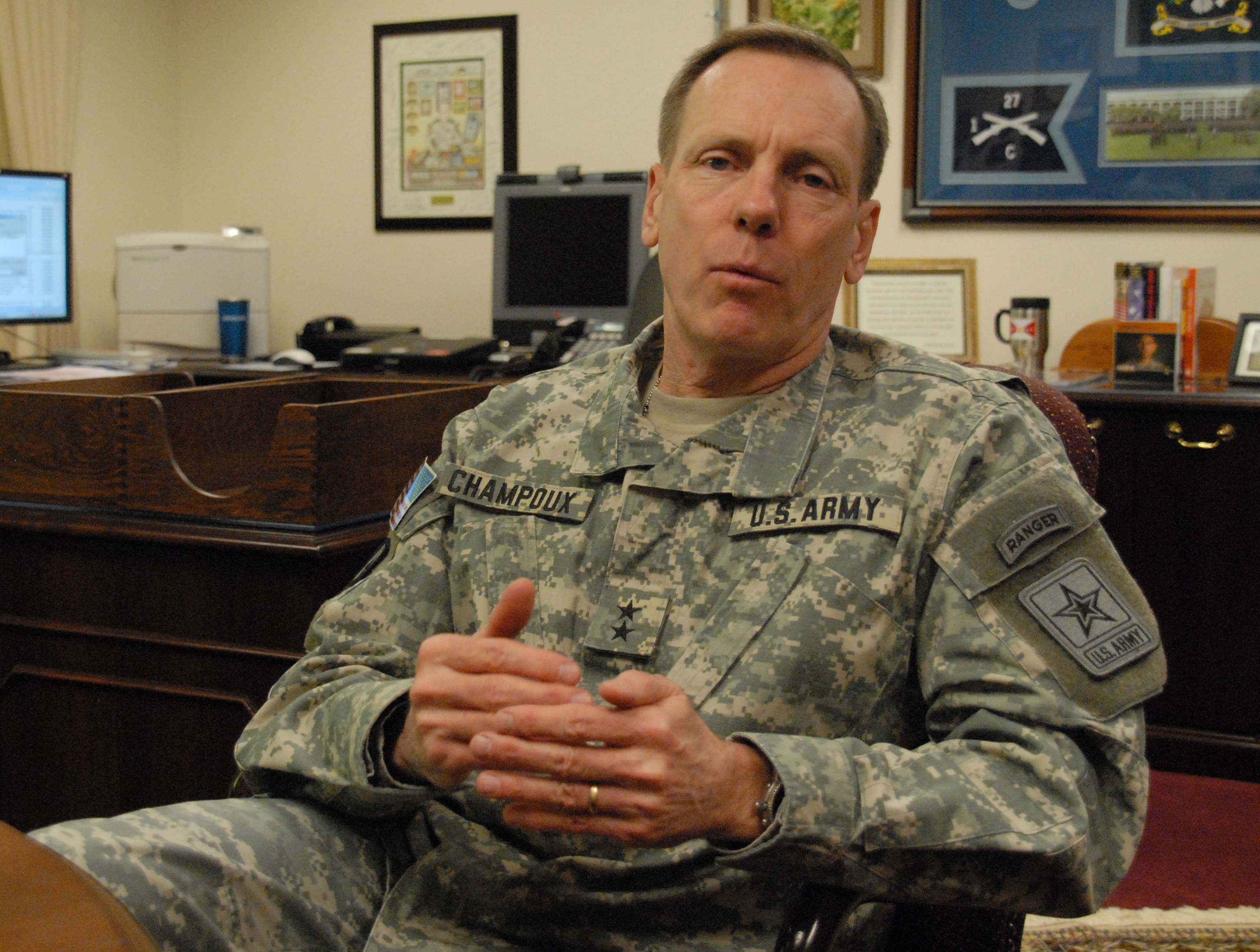
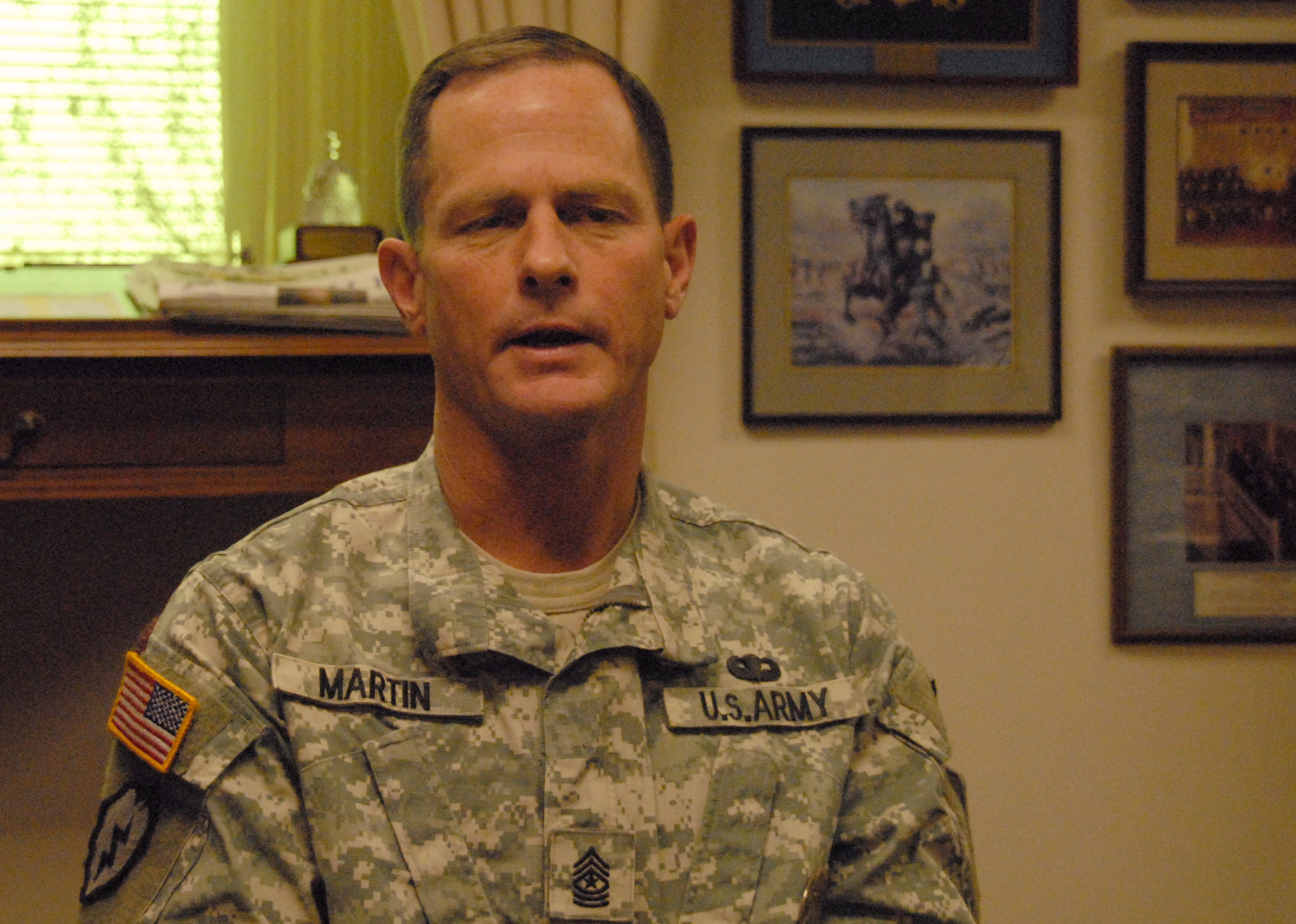
Social Sharing